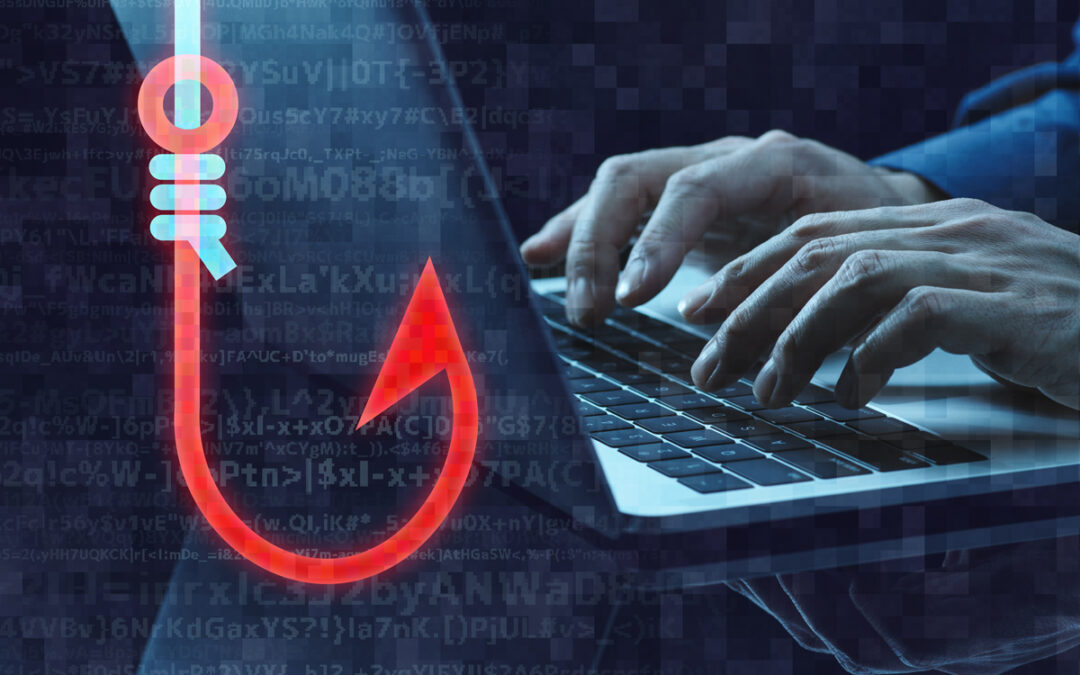In today’s digital age, invoice phishing attacks are becoming increasingly common and sophisticated, targeting individuals and businesses alike. These scams involve the sending of fraudulent invoices that appear to be from legitimate companies, to trick recipients into paying money into the scammer’s account. Understanding and recognizing the signs of these attacks is crucial for protecting your financial and personal information.
What are Invoice Phishing Attacks?
Invoice phishing attacks typically begin with an email or electronic invoice that mirrors those of a legitimate vendor or service provider. The fraudulent message might claim to be for a subscription renewal, a purchase that was never made, or a service requiring payment. These invoices often contain urgent language, pressuring the recipient to make a payment quickly to avoid additional charges or legal action.
PTC collaborates with Avanan to provide cutting-edge cloud email and collaboration security. We present below five key tips outlined by Avanan as vital for maintaining vigilance.
- Be wary of unexpected invoices: Always exercise caution when receiving invoices, especially if they are unexpected or from unfamiliar senders. Take the time to verify the legitimacy of the invoice before taking any further action.
- Double-check email addresses: Pay close attention to the sender’s email address. Phishing emails often use slight variations or misspellings of legitimate email addresses to deceive recipients. If the email address looks suspicious, do not open any attachments or click on any links.
- Hover over links: Before clicking on any links in an email, hover your mouse over them to reveal the URL. If it seems suspicious or does not match the expected destination, do not click on it.
- Avoid providing sensitive information: Legitimate organizations will never ask you to provide sensitive information via email, such as passwords or financial details. If an invoice email requests such information, treat it as a red flag and immediately report it to your department.
- Keep your software current: Regularly update your Microsoft 365 software and other applications to ensure you have the latest security patches. These updates often include critical security fixes that can help protect you from phishing attacks and other cyber threats.
Adhering to these five guidelines can greatly minimize your chances of being targeted by Invoice phishing scams and comparable dangers.

